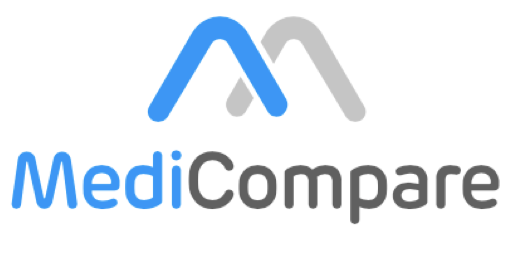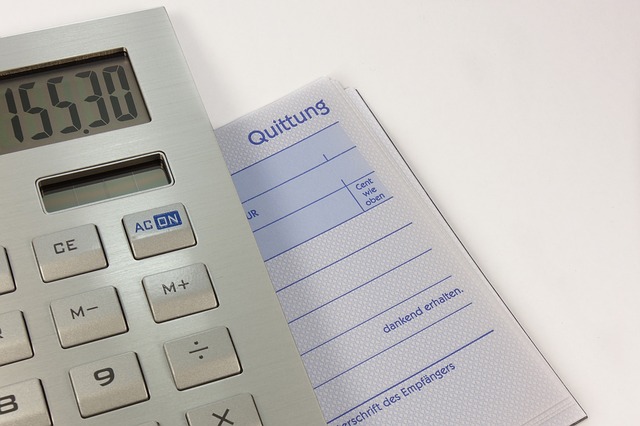No, as of 1st July 2022, medical debt is no longer reported on US credit reports. This is part of a larger effort by the Biden administration to decrease or eliminate medical debt as a part of government lending decisions.
According to the Kaiser Family Foundation, around 4 in 10 US citizens with employer-sponsored health insurance struggled to pay for their medical bills last year. Further, the Commonwealth Fund found in a recent survey that up to 40% of US citizens who have struggled to pay for their medical debt have seen their credit score fall as a result.
But this will not longer be the case from 1st July.
Key Points
- Medical debt is handled differently to that of consumer debt.
- Medical bills will not impact your credit score immediately if they are paid, or unpaid within a year period.
- Having negative marks from unpaid medical debt will not affect your chances of being eligible for a mortgage or personal loan.
Can Medical Bills Impact Your Credit Score in the US?
As long as you pay for your medical bills in full and on time, they will not impact your credit score. Historically this did impact your credit score if it went unpaid, but changes in regulation from the Biden administration have changed this.
In fact, medical debt is handled differently to that of consumer debt. This is because the majority of healthcare providers in the US do not report to credit bureaus. For the debt to appear on your credit report, it would have to be sold by the provider to a debt collection agency. This may only take place once you are 60 to 120 days past your payment date.
Even once the medical bill is transferred to a collection agency, it will not show up on your credit report immediately. For instance, three of the US’ top consumer credit bureaus – Experian, Equifax and TransUnion – provide their customers with a year waiting period to resolve their medical debt before the collection account will appear on their credit history. As such, it is important to remember that medical bills will not impact your credit score immediately if they are paid, or unpaid within a year period.
Medical bills are considered to be a unique type of debt. This is because even if a medical bill is covered by an individual’s health insurance, they may have to wait a number of months for the insurance company to then approve and issue a payment to the healthcare provider. Furthermore, coding or billing errors may occur which can lengthen the payment process. As such, the year period gives customers time to correct errors, as well as the insurance company ample time to make the payment to their healthcare provider.
While unpaid medical bills can take over a year to thus appear on your credit report, they should still not be ignored. This is because if they do appear on your credit report, they can negatively impact your credit score for several years to come until they are fully paid off.

Medical bills may not be included in your credit report in the future
Can You Get Medical Bills Removed From My Credit Report?
Mistakes may be made by insurance companies or even healthcare providers when it comes to medical bills. Additionally, criminals in the US may even steal your identity in order to access medical care, even those who have died. As such, any medical bills that may appear on your credit report that are inaccurate or have occurred because of fraud can be disputed with credit bureaus. Once this dispute has been settled in your favour, the medical bills can be removed from your credit report. The disputes are free to file and you must provide evidence to support your argument.
From 1st July, any medical bills with a negative mark will be wiped from your credit report and this will not impact your credit score or chances of getting approved when applying for credit or finance such as credit cards, loans or mortgages.
What Should You Do If You Cannot Pay Off Your Medical Bills?
If you cannot pay off your medical bills in the year period, there are a number of routes that you may choose to go down to help to alleviate the situation.
For instance, you may be able to negotiate your medical bills with your healthcare provider. This is because it is likely that they would rather receive some of what they are owed as opposed to nothing at all. You may be able to thus receive a substantial discount from your provider if you make a large down payment towards your medical bills.
Additionally, you may be able to work closely with your healthcare provider to create a repayment plan to pay off the medical bill in smaller, monthly payments. However, it is important to note that interest and additional fees may be charged on top of this.
Those on low incomes may be able to qualify for financial assistance. For example, Medicaid may be able to assist with paying towards your medical bills, as well as non-profit organisations and charities too.

